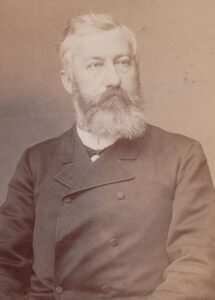
The first popular initiative
There’s a first time for everything. In this series, we take a look at the world of Swiss firsts. Today: Switzerland’s first popular initiative.


Switzerland’s first popular initiative collected nearly 90,000 signatures, with a good 83,000 of them assessed as valid. Swiss Federal Archives


The first time…
There’s always a first time. In this series, we will be looking at historic Swiss firsts. The topics covered are very diverse: from the first zebra crossing to the first ever popular initiative. The articles have been produced in cooperation with the Schweizerisches Bundesarchiv (Swiss Federal Archives).



